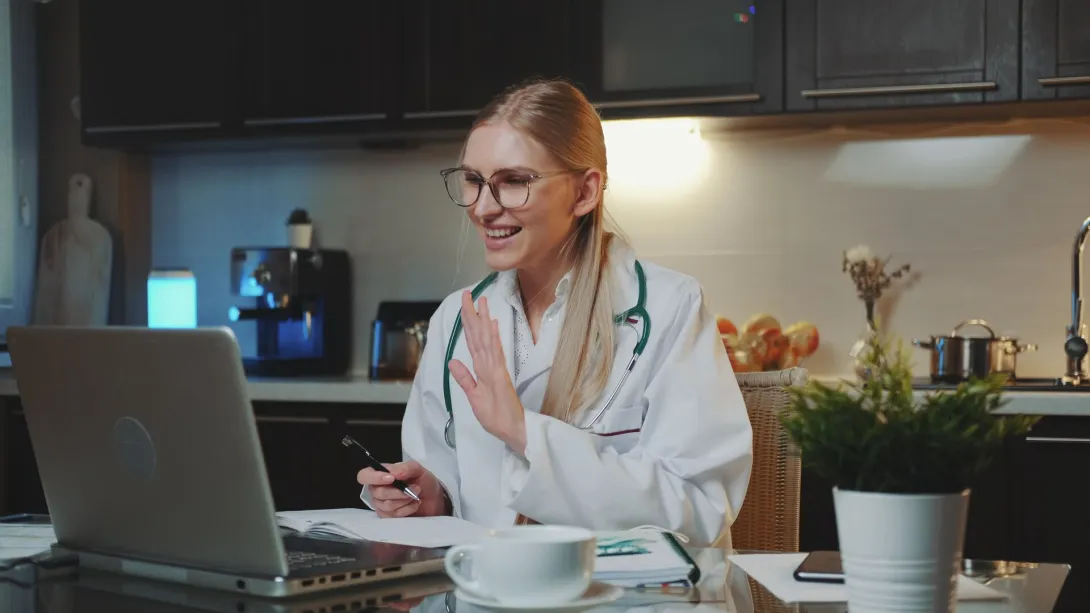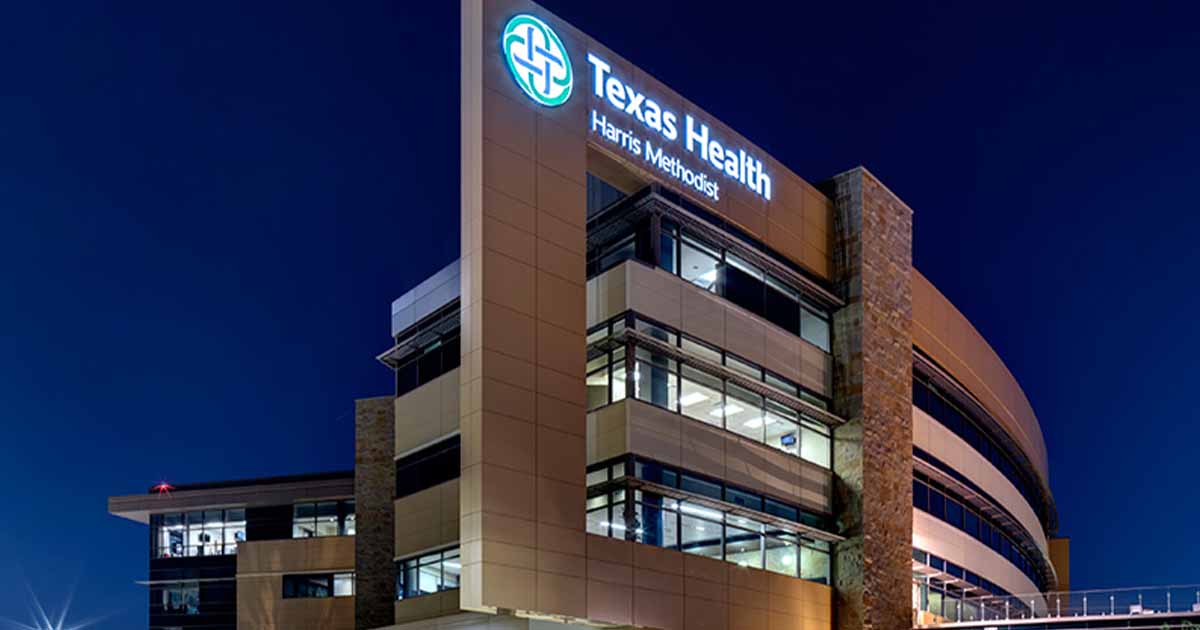As far back as I can remember there was never a time when I didn’t want to be a physician. It’s a choice in which there is no equivocation: Either you want to be a doctor or you don’t. It encompasses your life -- there is no punching the clock, no walking away. Illness doesn’t take vacations, disease doesn’t go away for the holidays, and pain doesn’t sleep. As physicians, we have accepted these truths as basic facts of our daily lives.
While I realize that technology can be unwieldy at times, especially for those of us who “grew up” before computers and the Internet, I also see the incredible potential it holds for positively changing how we, as doctors, are able to provide care to our patients.
Clinical information used to be the exclusive province of the select few, and this knowledge was then trickled down to patients; but I believe the electronic revolution in healthcare has allowed a shared and more collaborative relationship to develop. The more patients understand, the better their ability to participate in their own care, and the better their personal choices and decisions will be. In this pursuit, I have been using EHRs as a tool to help explain and work through health issues with my patients.
Sitting side-by-side in the exam room with my patient, and perhaps his or her family, I pull up the health record on my laptop and we review our notes from the last visit. We discuss how treatments are working, complete templated fields together and, using a section I have created called “Instructions to the patient,” I outline action items and next steps. I enlist their active participation in the creation of this take-home document, and the content of these clinical notes exceeds the basic information required by meaningful use clinical care documents, which means I know my patients will leave my office with a thorough understanding of their current health status.
[See also: Physicians air EHR frustrations and Docs 'stressed and unhappy' about EHRs.]
This is a new era of patient-physician collaboration. We can leverage technology to enhance our partnership with our patients to create clinical notes that they can share with family members or use as a reminder of what they need to monitor and work on until our next visit. These take-away instructions are an important piece of extending the continuum of care beyond the doctor’s office.
I have been a physician for more than 35 years, and, to me, being able to escort my patients every step of the way -- whether it is through an illness or simply to the front desk at my office -- is a big part of what being a physician is about.
Steven M. Schiff, MD, is medical director, Cardiac Catheterization Laboratory and CMIO at Orange Coast Memorial Medical Center in Fountain Valley, Calif. This article is one of several in the e-book "The Art of Medicine in a digital world," published by Nuance Communications.


